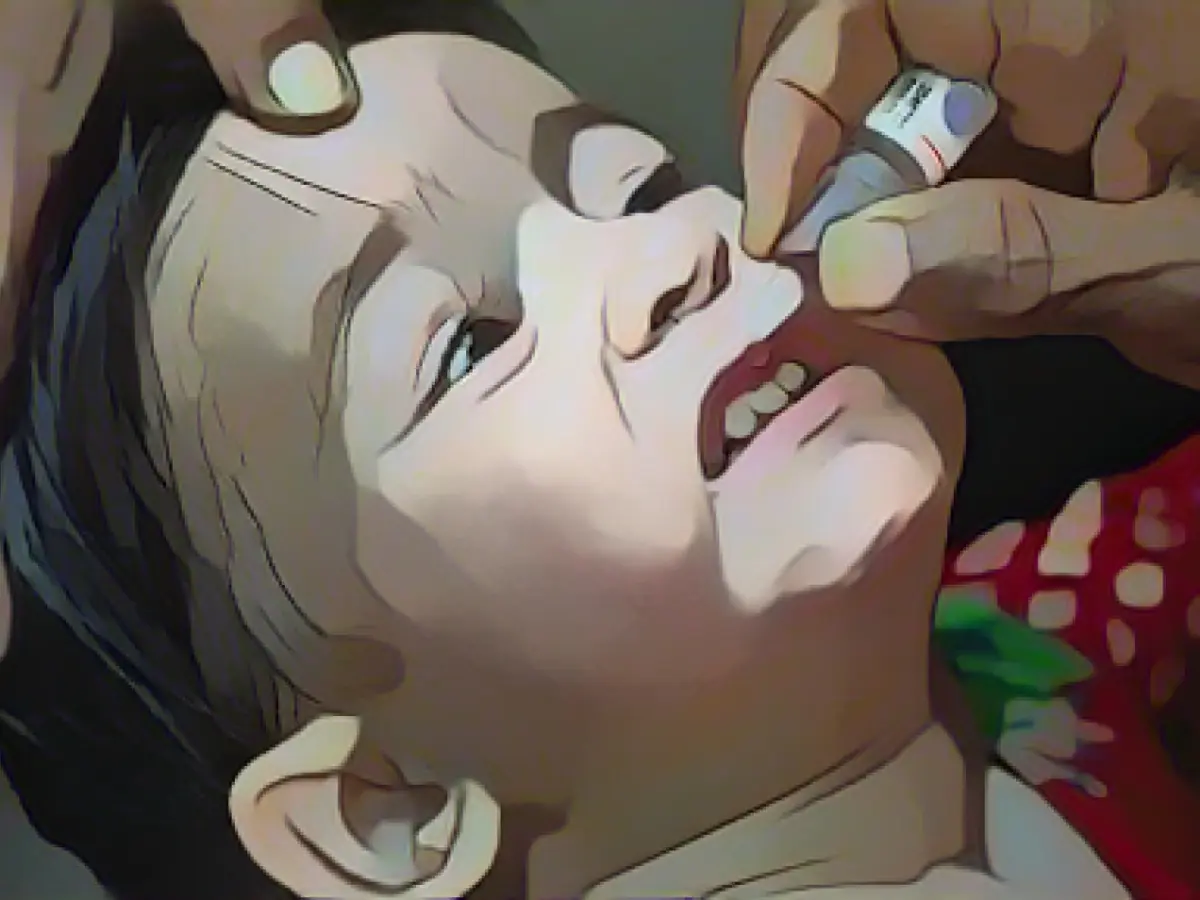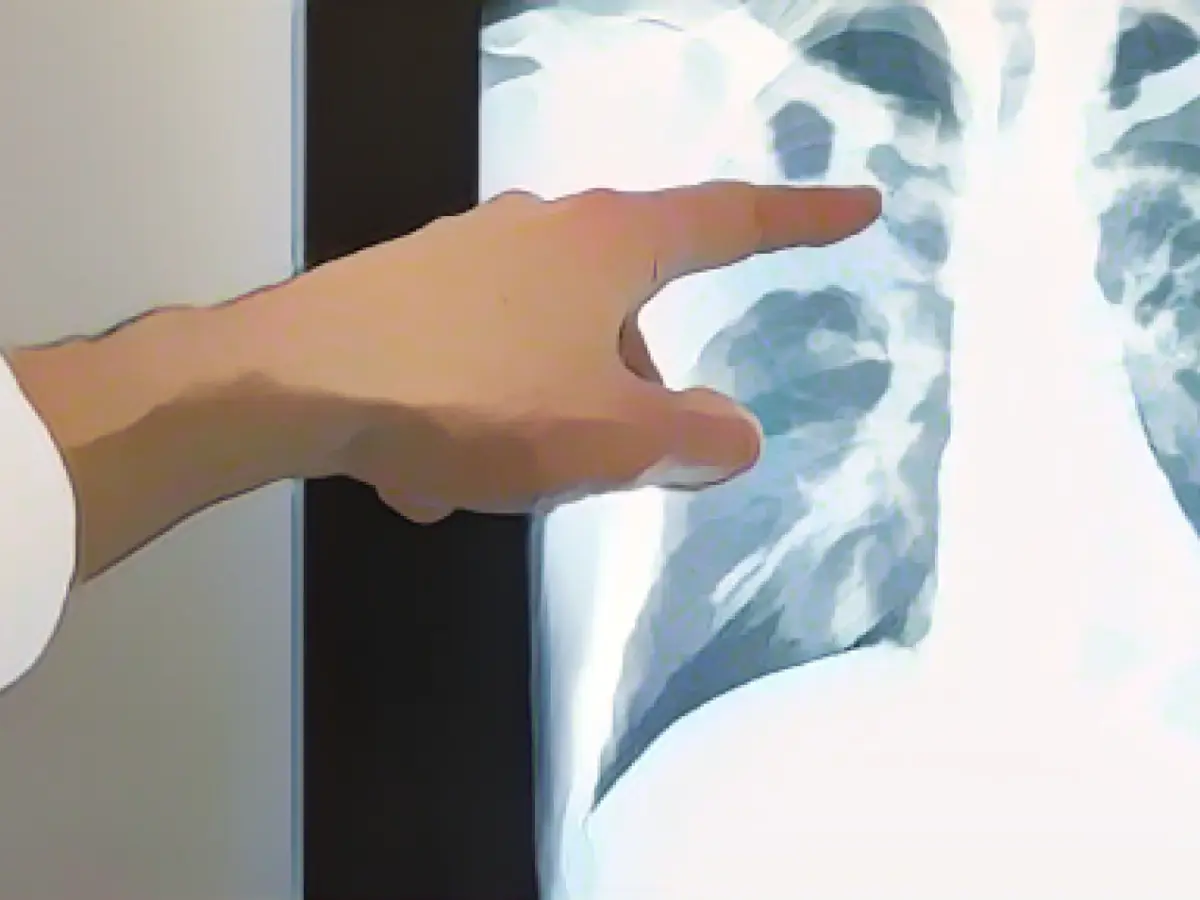Struggling Hospitals Brace for Winter Sickness and Staffing Issues
Winter's arrival signals a double whammy for hospitals in North Rhine-Westphalia, with low staffing levels and a surge in sickness. Despite claims from the NRW Ministry of Health that inpatient care is guaranteed and there's no indication of an unusual increase in sickness, hospitals are bracing for potential challenges, especially in the face of RSV infections.
In Cologne University Hospital, the sickness rate is sky-high, leading to occasional staff shortages. Operating theatres have had to halt operations, and non-urgent procedures have been postponed. This scenario is an annual occurrence, explained a hospital spokesperson, who emphasized that all treatments and operations can still be carried out.
Similar challenges face Essen University Hospital, where an unusually high number of illnesses have become the main problem. Essen's situation might be manageable due to vast experience, but individual treatment restrictions and bed closures can still occur.
Düsseldorf University Hospital confronts a more significant issue with a chronic shortage of staff, particularly in specialist care. Despite employing nearly 2,500 employees in nursing and functional services, they could still recruit an extra 150 nursing staff if needed. Germany falls short of staffing requirements in many hospitals, leading to possible waiting times for scheduled treatments.
Although hospitals are under pressure due to typical infectious diseases, including COVID-19, the situation is not comparable to the initial two years of the pandemic. Pediatricians, in particular, are concerned about the impact of an RSV wave, fearing a repeat of last year's wave that could affect sick children's care.
Related Topics:
Additional Insights:
- Nurse training and authorization play a significant role in addressing staffing shortages, with ongoing education and training considered essential.
- Employing flexible work arrangements and utilizing temporary staff can help hospitals mitigate the impact of staff shortages.
- Vaccination programs, infection control protocols, and public awareness campaigns could help reduce the incidence of seasonal illnesses in hospitals.
- Strategy implementation may include recruiting and retaining staff, improving working conditions, and enhancing job security to address staffing challenges.
- Major universities, such as Cologne, Essen, and Düsseldorf, are likely to implement these strategies to maintain operational flexibility and ensure the provision of healthcare to patients.








